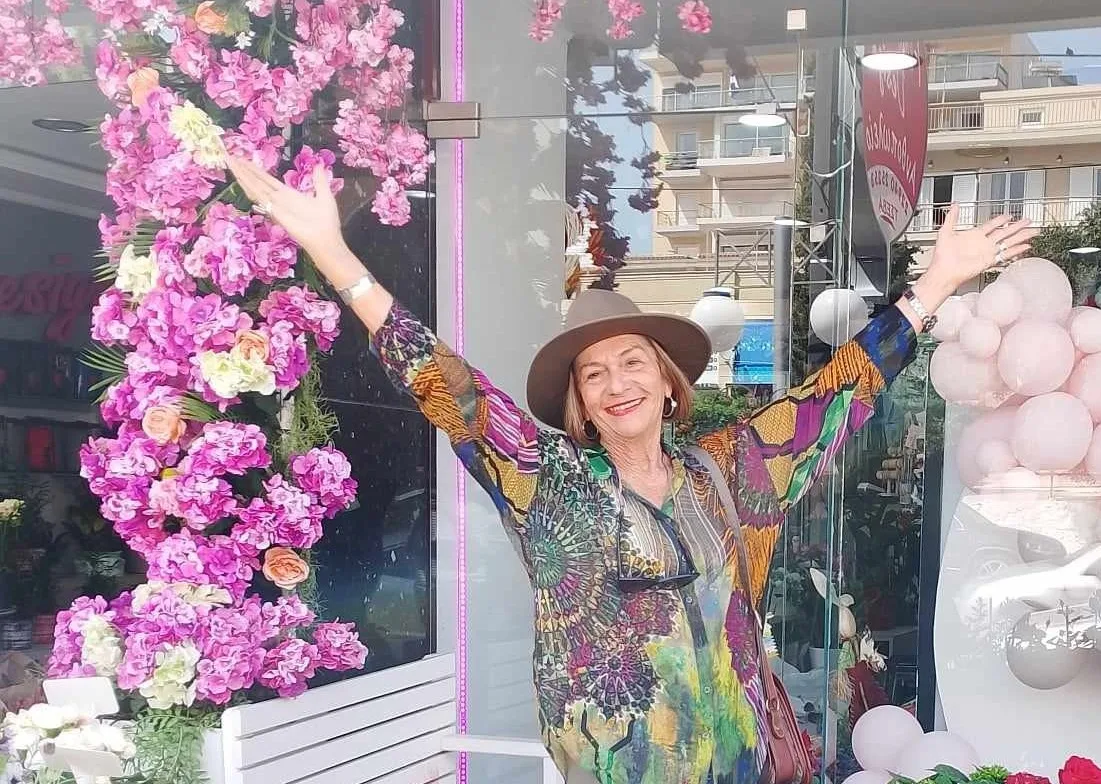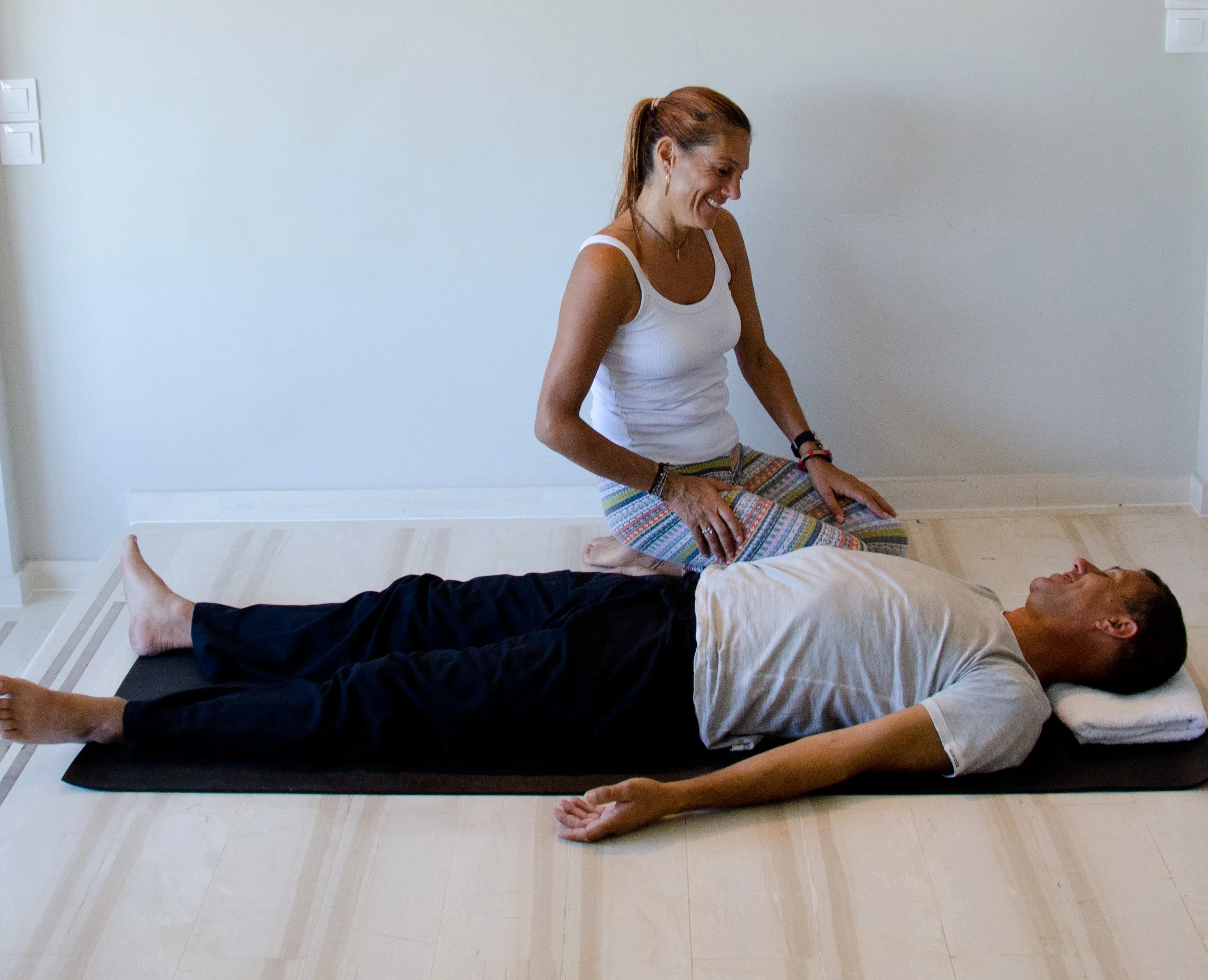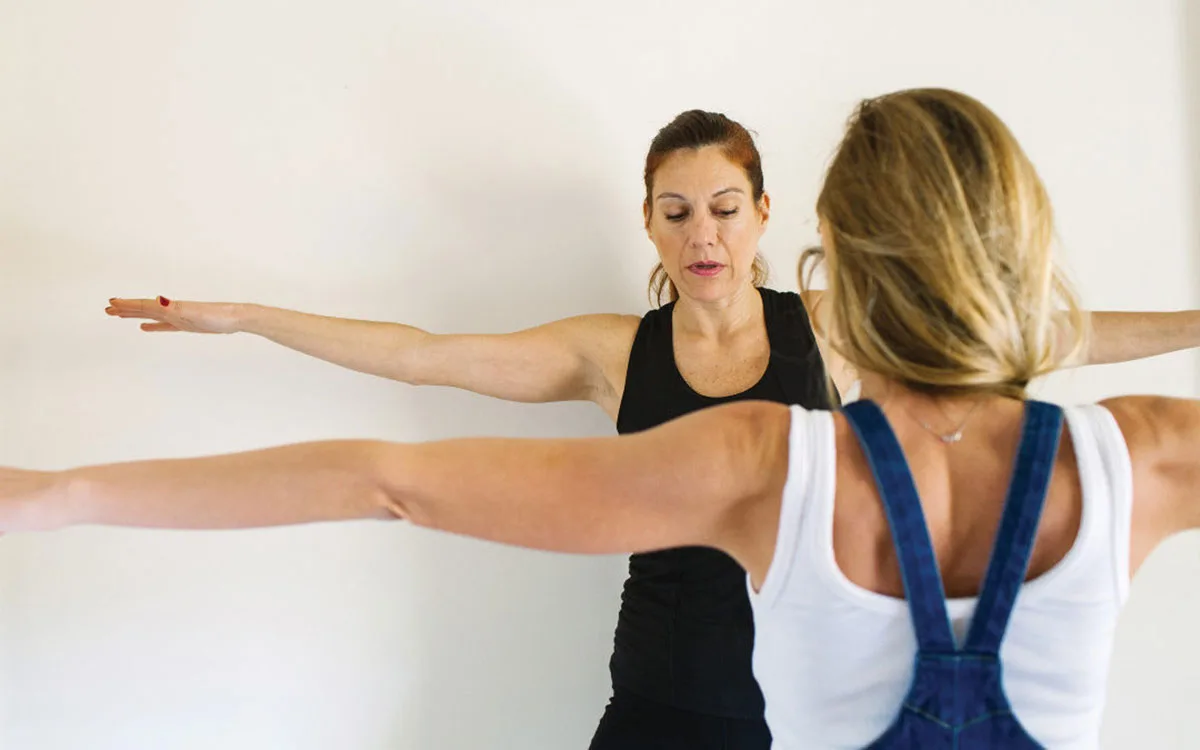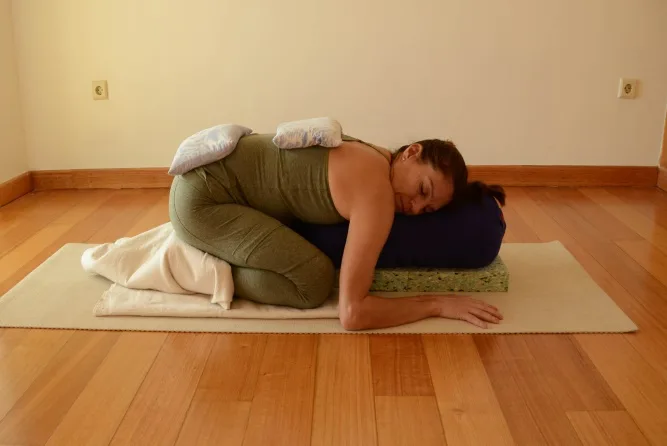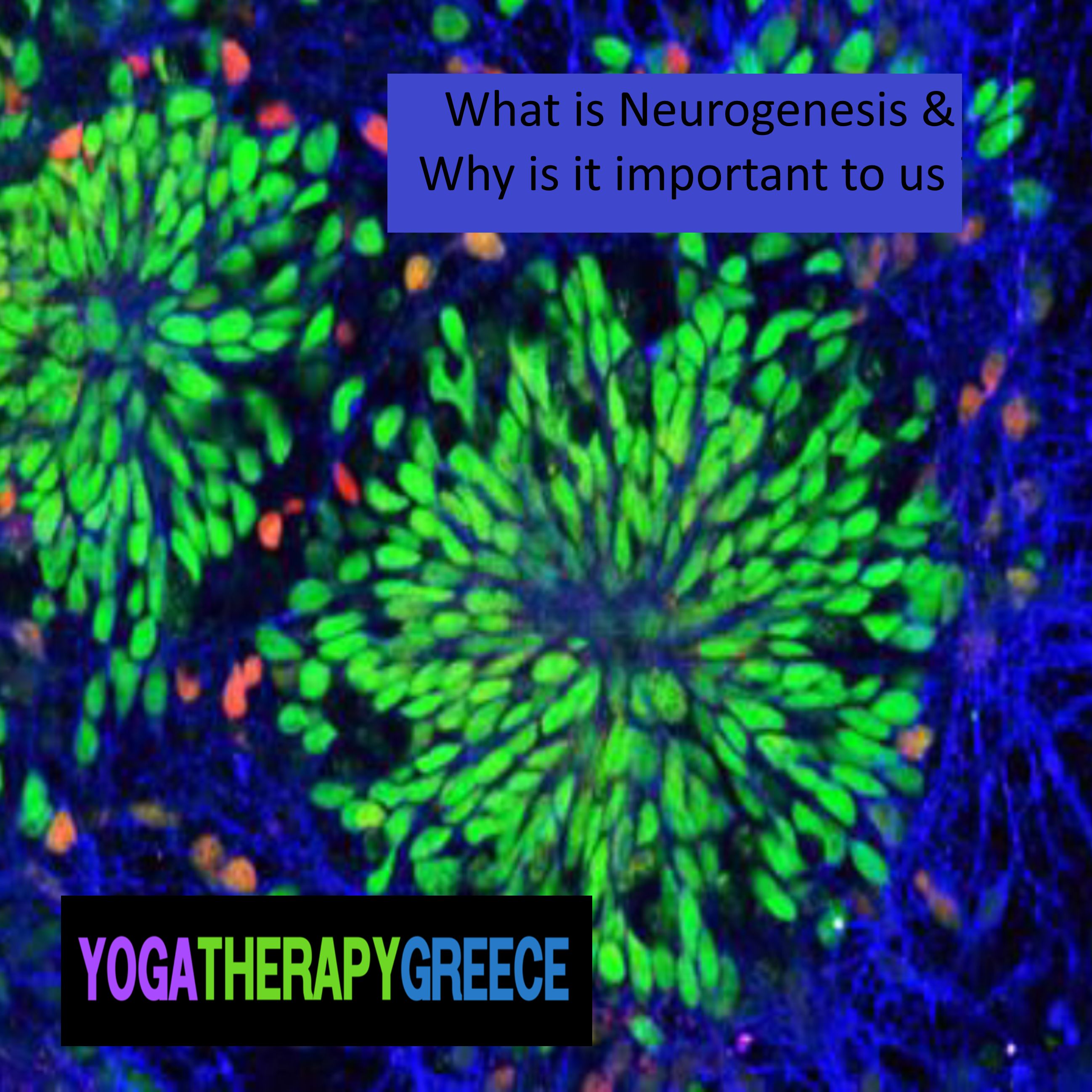Yoga Therapy Choice and Change

In Yoga Therapy, we help people see that they always have a choice.
We may not be able to change what has happened or what is happening, but we can change the way we relate to it and as a result its effectson mind, body and soul.
To change something, we need to be aware of it, we need to face it. To face what we need to change, we must feel heard, understood, supported, rested and safe.
To facilitate the change in our clients and replace the habitual unhelpful beliefs and habits:
- We connect with the individual with healthy curiosity and compassion to really hear and see them.
- We recognize the way they think (positive, negative), what determines what really matters and the desires as well as their personal samskaras, their habits, the behaviours, their conditioning. The state of mind can be stuck in the sympathetic nervous system arousal manifested either in rajasic, hyper or tamasic, hypo way of being. The mind can be stuck to thoughts, memories of events, feelings, mood or scattered. The mind can be more anxious, overthinking about the future and be scattered. The mind can be more depressive and abstract, thinking about the past, ruminating on failures, losses.
- We ground and focus the mind on the breath or on the body sensations to shift it from negative thinking or from ruminating in the past or future into here and now and as a result into a more sattva state. Staying in stillness allows feelings and sensation to come up, to be able to befriend them and feel safe to stay with them.
- We shift to a more balanced state (sattva) of being with slow pranayamas, restoratives, guided meditation, visualisation and personal sadhana as well as self-care practices that nourish and support the change they need and want.
Wants are typically related to the desire of things that are pleasant and are generally born from our conditioning or from our base impulses, from our vikalpas, while desiresshow what we really/deeply want to achieve, to become, to feel.
The self-limiting beliefs are called vikalpas and lead us away from our highest destiny, while when our deepest driving desire supports our long – term happiness and well – being, it is, by definition, a sankalpa; when it doesn’t it is a vikalpa. On the other hand, sankalpas are personal deep and often hidden desires that are related to the intrinsic desires of the soul to fulfil its higher purpose.
To realise our true desires, it helps feeling how it is to have accomplished our desire, to be aware of the feelings that fulfilment of the desires brings up. Having an emotional association with materializing what we want is vital and plays a crucial role in empowering our sankalpa and change.
Our inner obstacles, our false ideas, our perceptions and even our experiences may have conditioned us to believe that we have no choices. But this is not true if we honestly self-reflect. It is so empowering to always remind to us and to others that every moment is a choice even when the choice is either to change what is happening or to change the way we perceive/see what is happening.
Choices, much more than the circumstances, determine who and what we are.

